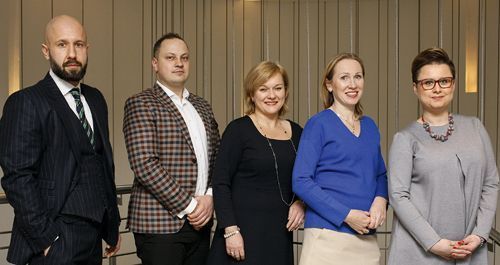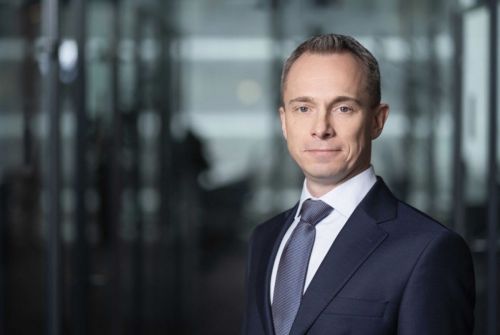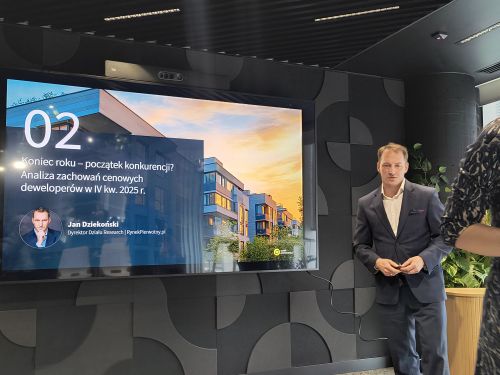The participants of our roundtable discussion:
Bartosz Kozieł
co-founder, president of the board of Nuvalu Polska, which was established in 2008. A manager with many years of experience, responsible for coordinating and implementing processes related to the development of the company. Along with three other partners he supervises a 30-person team of specialists. Bartosz also supports the leasing processes, advising both tenants and landlords.
Agnieszka Mazurek
member of the board, NAI Estate Fellows. She has more than ten years of experience in handling transactions in the commercial real estate market. Agnieszka joined NAI Estate Fellows in 2011 and since September 2015 has been a member of the management board. She is now the director of the lease and market research department, which comprises nine professionals and supports projects throughout Poland. She co- ordinates the work of the team as well as regional offices in tenant and landlord representation in the fields of l



























































